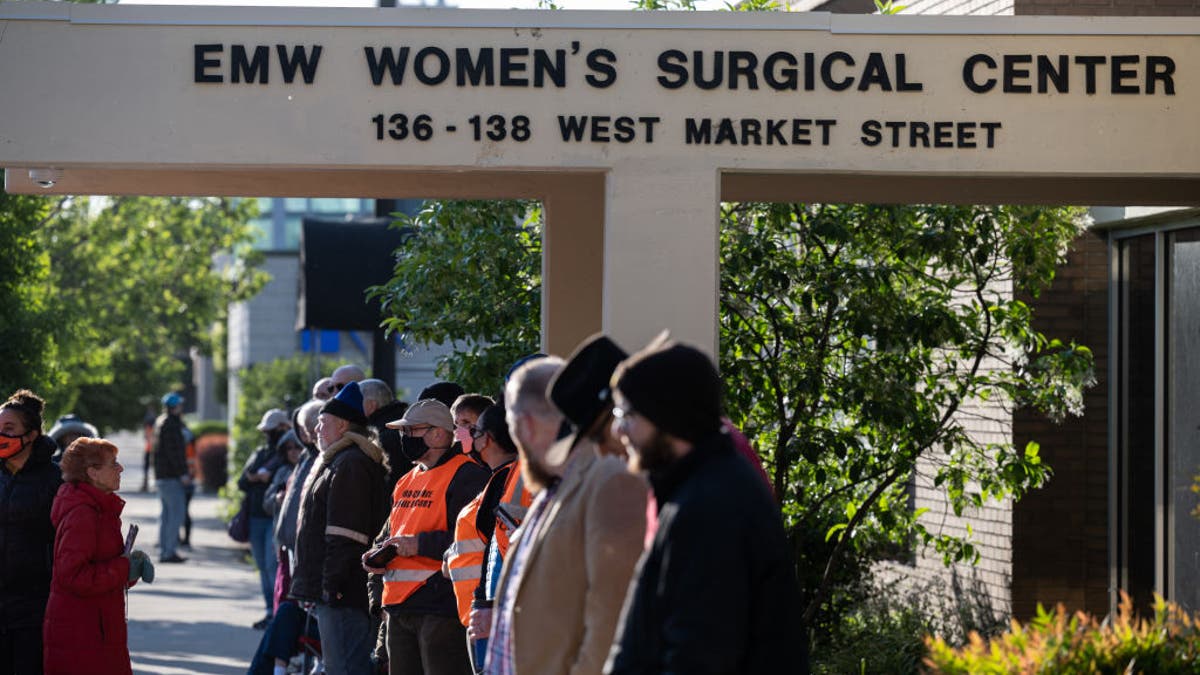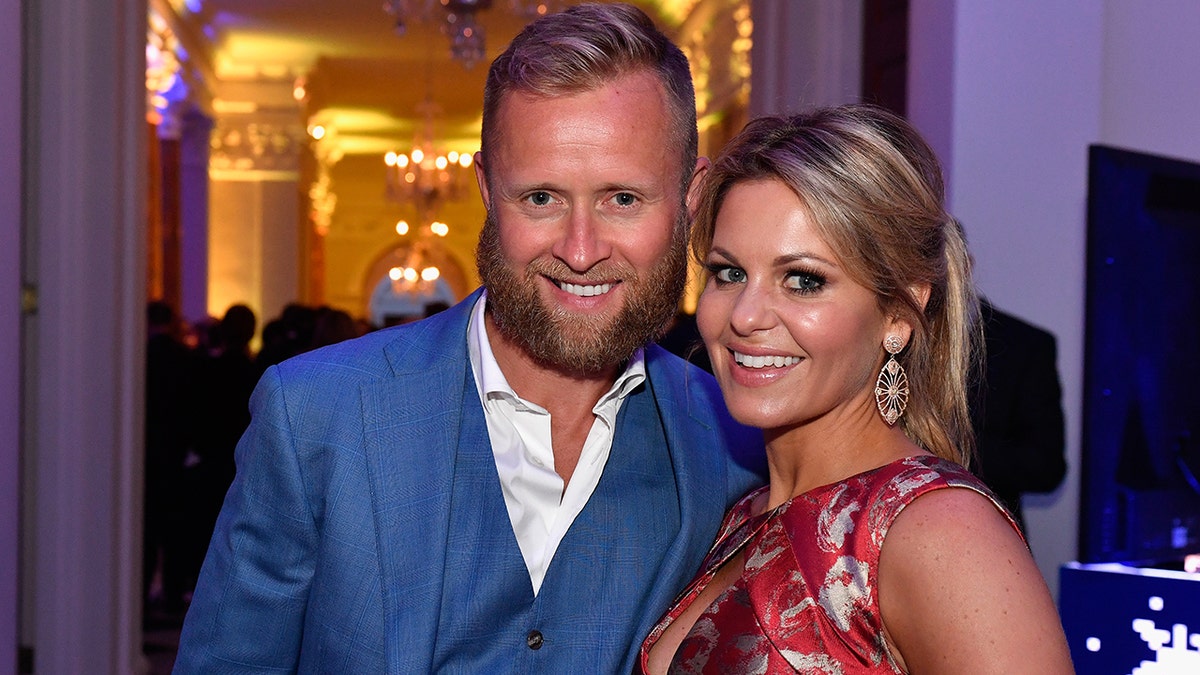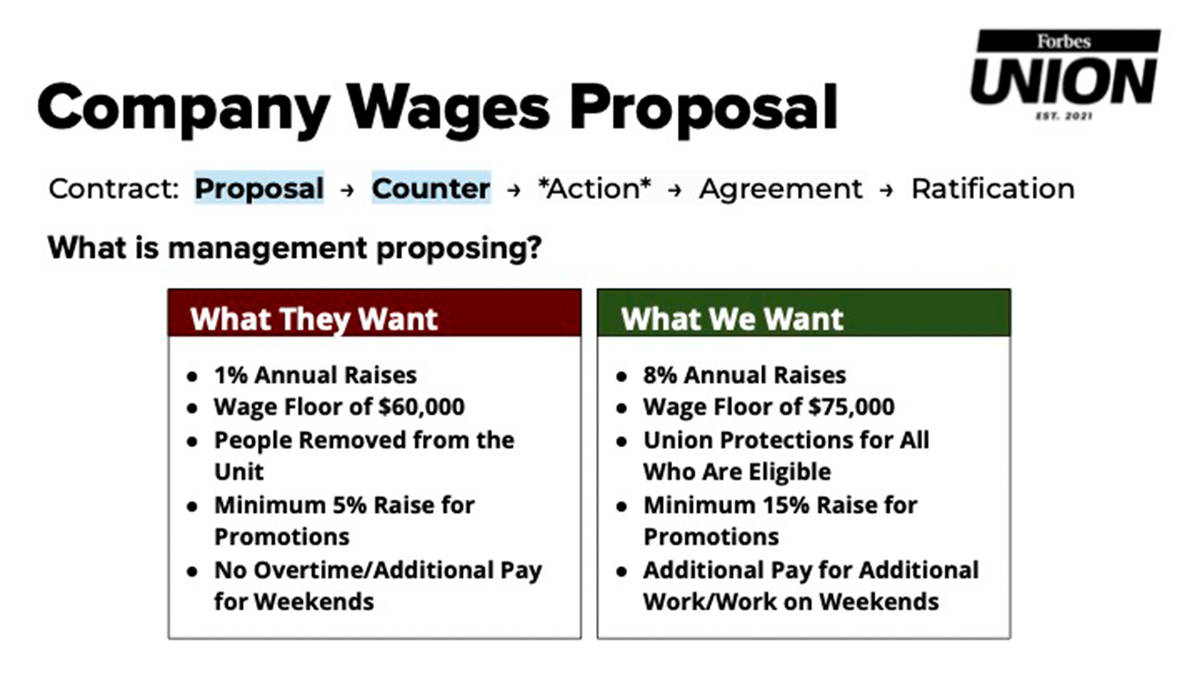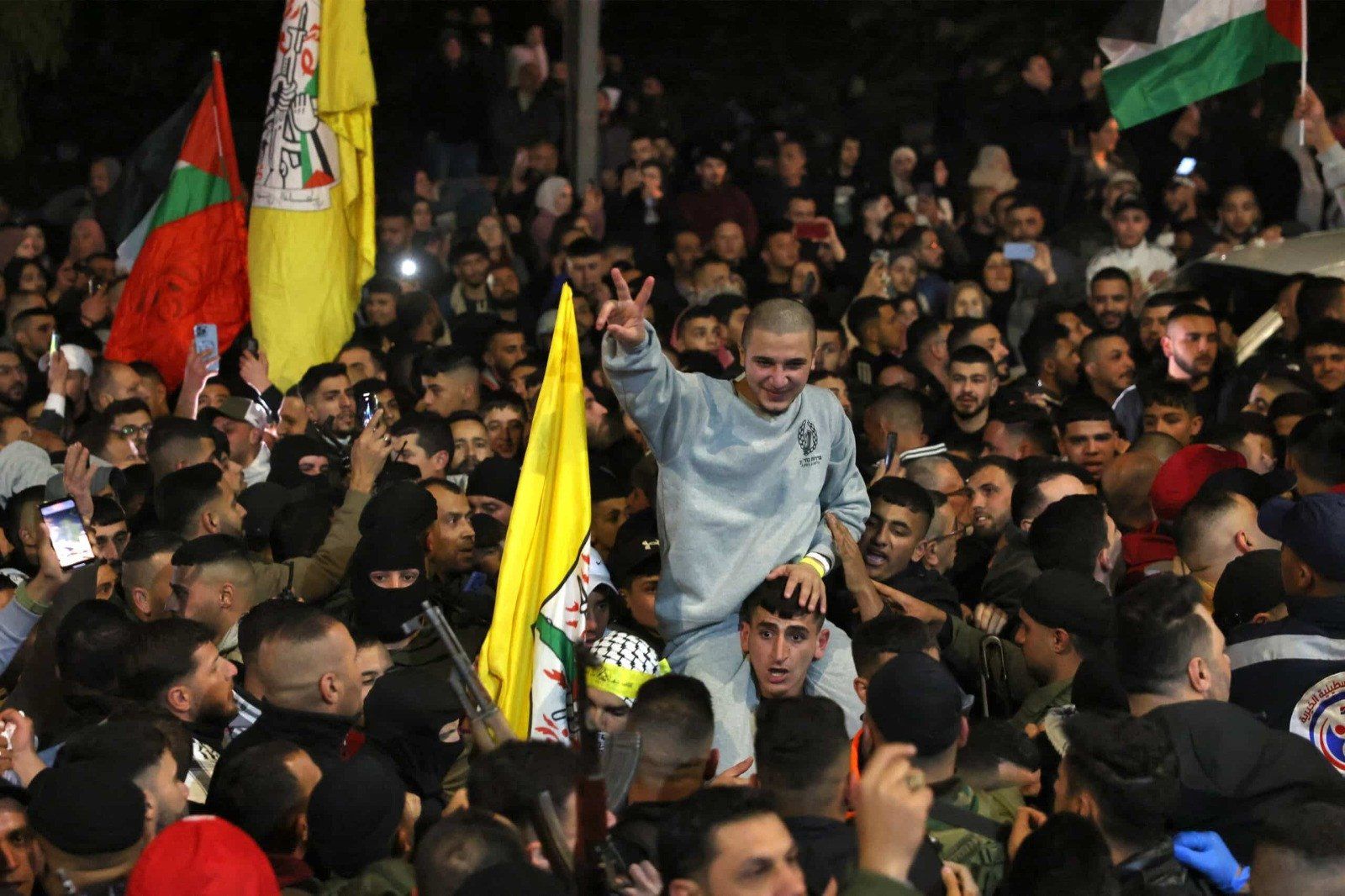Several anti-abortion advocates recently granted clemency by former President Donald Trump are sharing their experiences following imprisonment under the Biden administration. In an interview with Kayleigh McEnany on "Outnumbered," Paulette Harlow, who was 75 at the time of her conviction, maintained the non-violent nature of pro-life activism, stating, "I have never witnessed any violence from pro-life individuals." Harlow was convicted of federal civil rights conspiracy and violating the Freedom of Access to Clinic Entrances (FACE) Act.
Harlow and others were sentenced for their involvement in a 2020 blockade of a Washington, D.C. abortion clinic. They asserted their aim was to "stop abortions, to love the mothers and the children, and primarily to save the babies' lives," believing this also often saves the mothers. Prosecutors, however, contended that Harlow and her fellow protestors forcibly entered the clinic, obstructing access with furniture, ropes, and their own bodies, leading to Harlow's 24-month sentence.
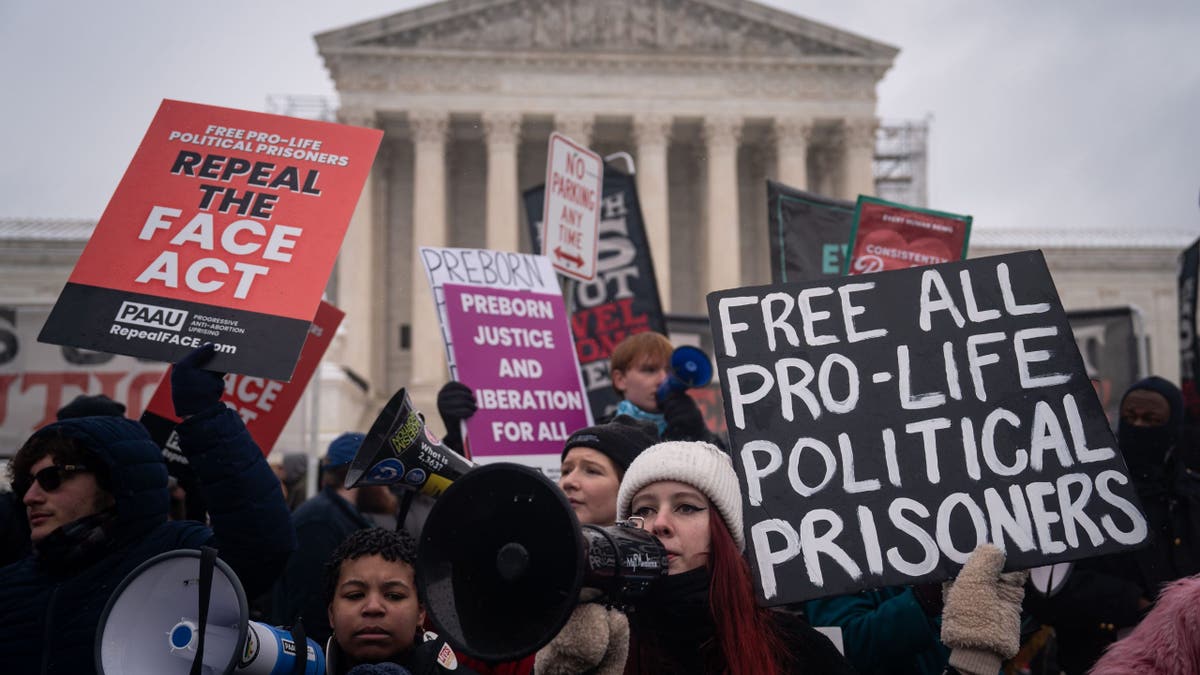
U.S. Attorney Matthew Graves emphasized that the convictions were about upholding the law, stating that individuals "cannot resort to force and intimidation to prevent others from engaging in lawful activity simply because they disagree with the law." The FACE Act, enacted in 1994, prohibits actions that interfere with reproductive health care services.
Trump justified the pardons, asserting the activists were "unjustly put in" and that "it was disgraceful what happened." Harlow, meanwhile, echoed concerns raised by Republican lawmakers, alleging that the Justice Department, under then-Attorney General Merrick Garland, targeted them for their pro-life views, particularly their Catholic faith. Garland, however, denied any bias, stating that the DOJ "protects all religions, all ideologies." Senator Josh Hawley echoed these sentiments, calling for pardons for all imprisoned pro-life individuals.


While abortion rights advocates criticized the pardons as a sign of Trump's anti-abortion stance, Trump has stated he would veto a federal abortion ban, emphasizing the states' role in deciding abortion access.
William Goodman, another pardoned activist, detailed the challenging prison conditions, including a lack of basic necessities. Jean Marshall, Harlow's sister and a former nurse, also served a 24-month sentence. She described finding solace in her faith during her imprisonment and expressed no regrets about her actions.
